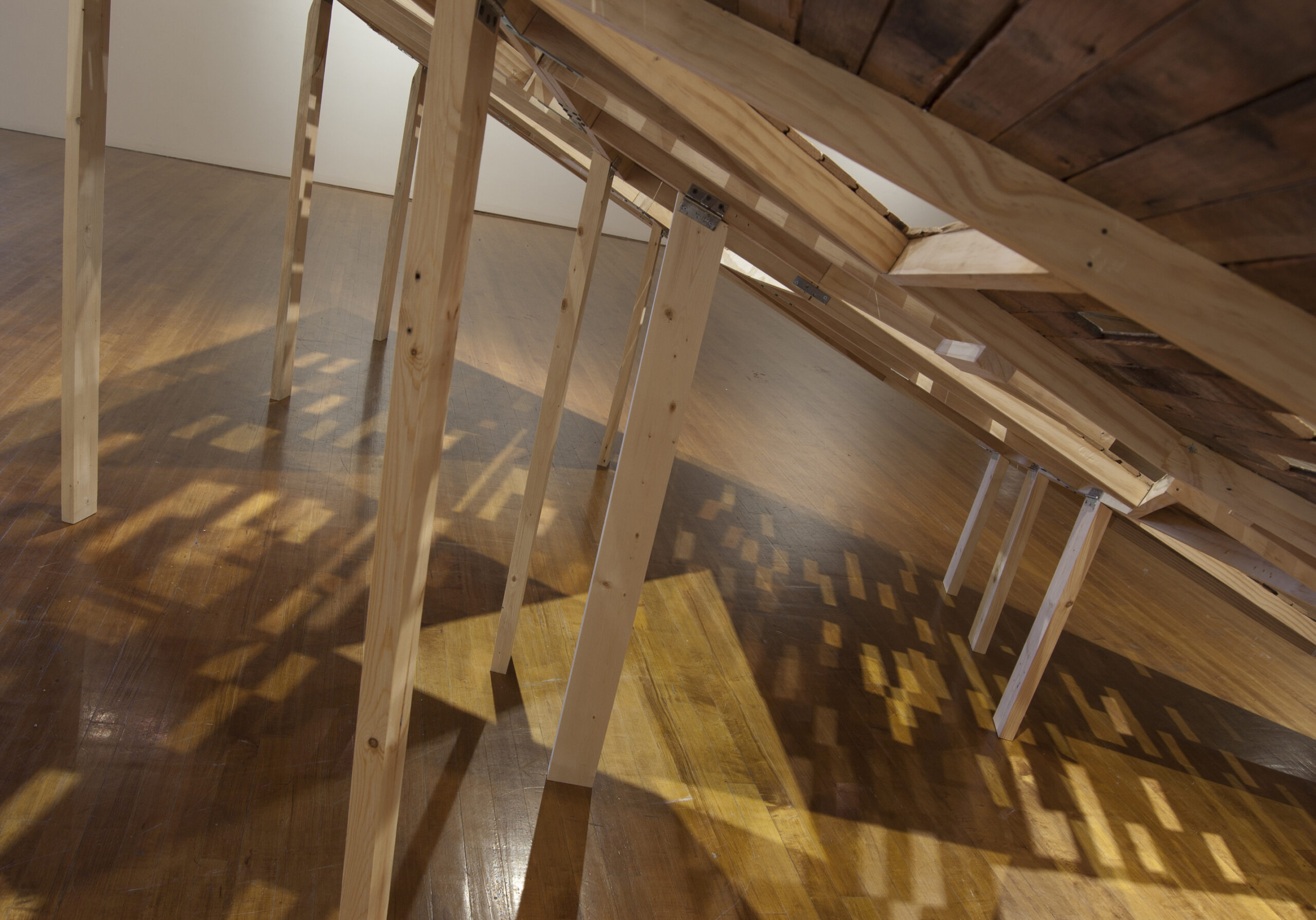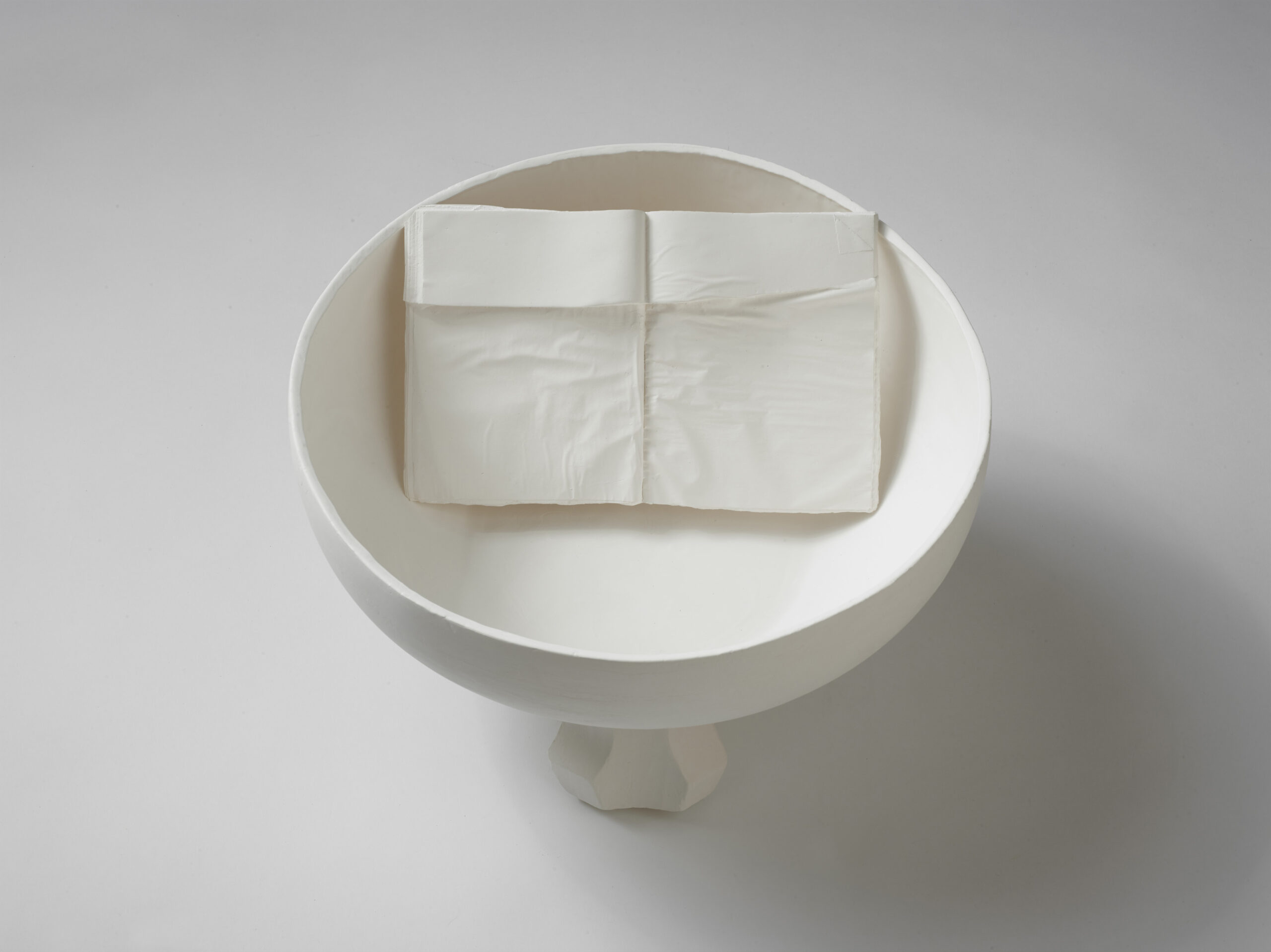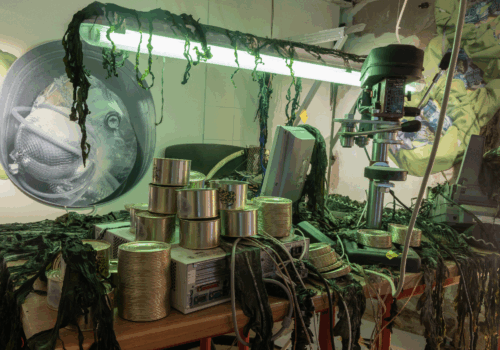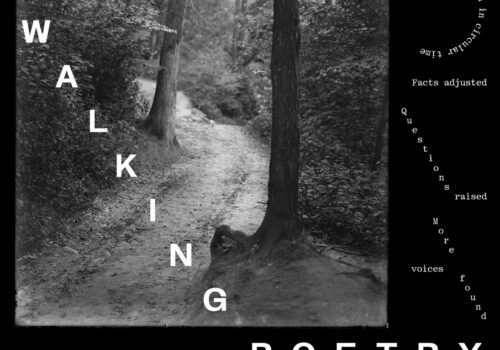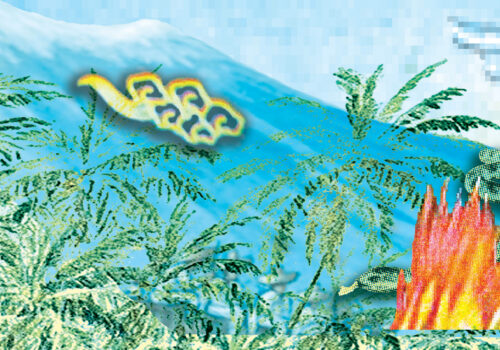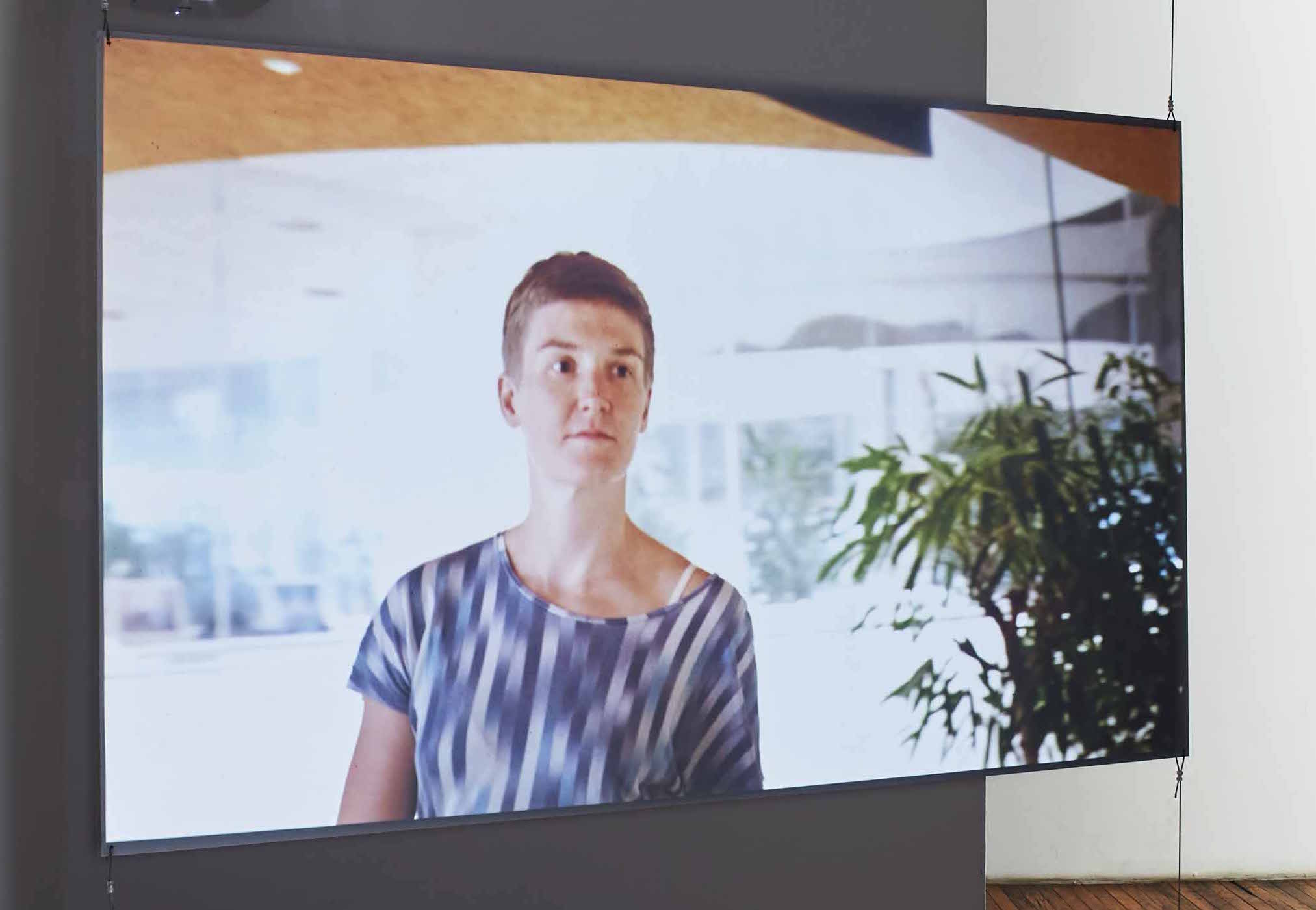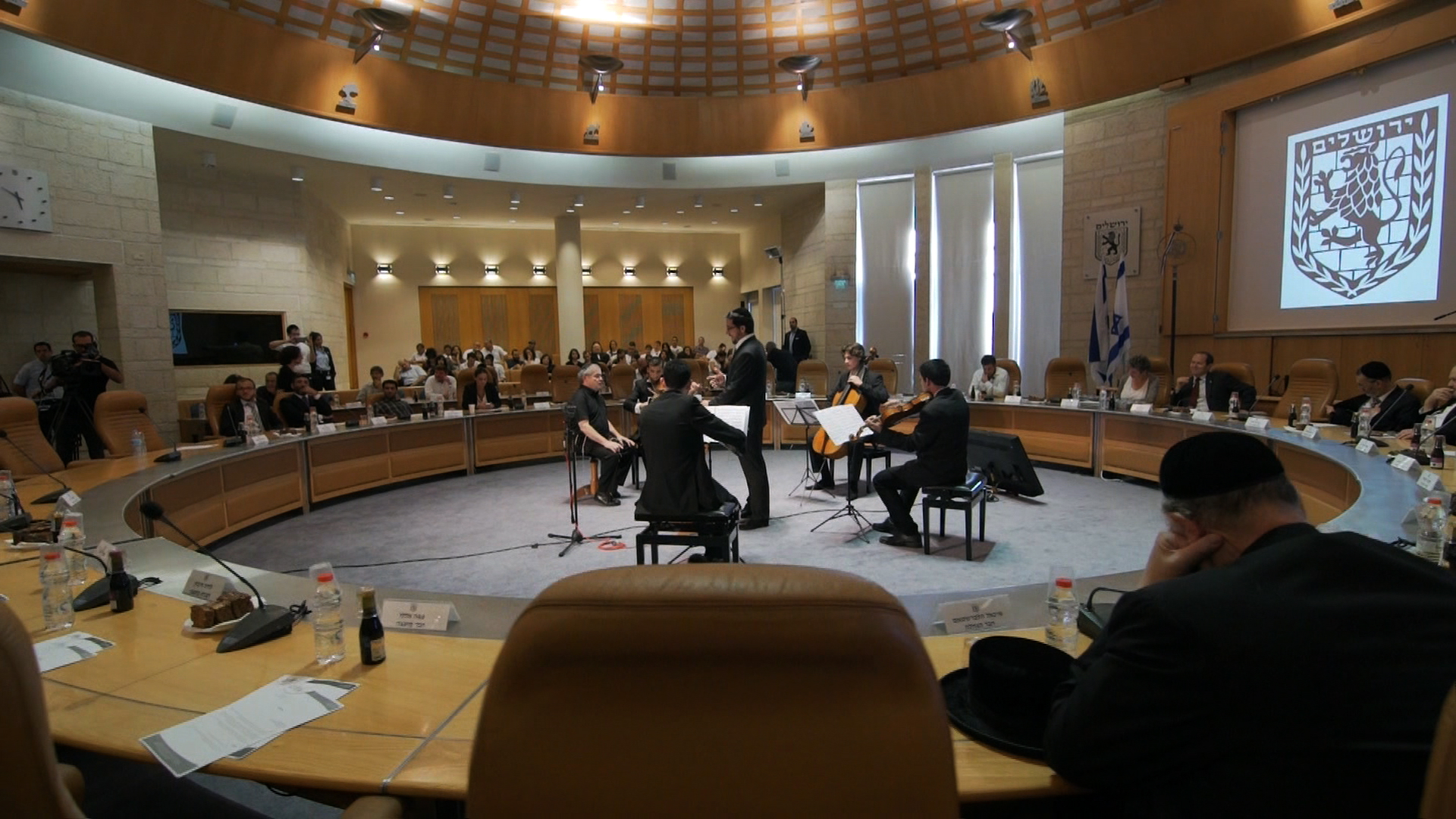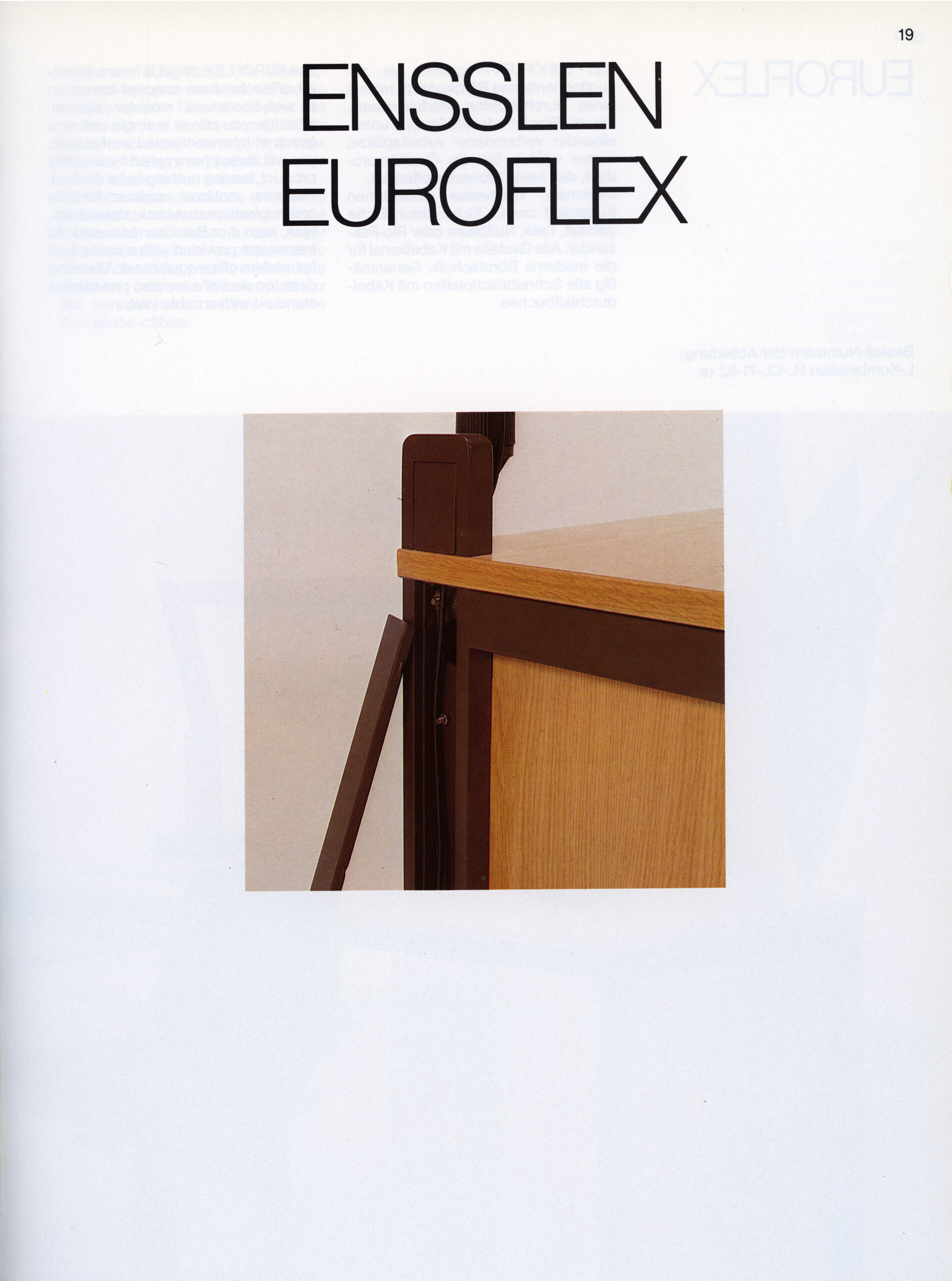Opening Reception: Tuesday, June 4, 2019, 6–8pm
The exhibition will be closing at 3pm on Friday, August 30, 2019
In focusing on administrative systems, procedures and codes, Paperwork: Administrative Practice in Contemporary Art reflects on artists’ attention to the ways we are all immersed in bureaucracy in everyday life. Emphasizing notions of emancipation and playful resistance, as opposed to disempowerment, artists intervene into the frameworks of contracts, corporate practices, operation research and automation, among other tools of administrative management and production.
Conceptual art of the late 1960s and 1970s often produced an “aesthetics of administration,” a de-personified approach to looking at daily bureaucracy. The Conceptual artists’ turn towards information-gathering, as a dematerialized way of making art, fed into the rise of institutional critique, in which artists challenged the social, economic, and political systems of art institutions.
Artists in Paperwork include Jesse Chun, Sandra Erbacher, Tali Keren, Amalia Pica and Pilvi Takala, whose work interrogates the bureaucratization of this political and cultural moment, in ways that resonate loudly with Theodor Adorno’s assertion of a “totally administered world.” They insert themselves into real-life systems as artistic strategies, often as organizers or performers. Ranging from video to research-based and archival installations, the works in the exhibition together form a cogent overview of the bureaucratic procedures all around us, which are so pervasive they often go unnoticed.
Sandra Erbacher foregrounds a series of desks produced in the 1980s by Ensslen, a German company, given names such as Euroform, Euroboss and Euroflex, conveying optimism and cultural hegemony of the European project. She juxtaposes images of the “Eurodesks” with images and texts that depict the current reality of Europe in the throes of Brexit, the migrant crisis, and the strengthening of neoliberal market economies. Erbacher questions Europe’s hegemonic ideology and interrogates the idea of truth in the context of corporate and government administrations.
Also included in the exhibition are selections from Amalia Pica’s Joy in Paperwork (2016) series. Numbering more than 1,000 pieces, these works on A4 paper incorporate bureaucratic stamps from all over the world. Pica had difficulties travelling while in the process of securing a British passport, and Joy in Paperwork is informed by her own hurdles to obtain citizenship. Using repetitive gestures to mark the paper—sometimes forming recognizable shapes—Pica subverts the tools of bureaucracy to produce lighthearted works.
Jerusalem City Council is the site for Tali Keren’s New Jerusalem (2015), a “bureaucratic musical performance.” The artist was interested in the city’s twenty-first century municipal plan, which was never officially authorized but nonetheless implemented. A “united Jerusalem” is outlined in the plan, as the capital of the “Jewish-democratic” state. Keren commissioned a cantor to sing the plan at city hall, and this video is presented with a second video of text documentation of responses by key objectors to it. This performance gives a renewed platform to the plan, and creates a different medium by which to consider bureaucratic legal language.
Pilvi Takala has often intervened in work environments to reveal their power dynamics. In Stroker (2018), Takala reenacts the two weeks she spent posing as a wellness consultant in a London co-working space, where she was hired to literally provide touching services to employees to boost their mood and productivity. This personal gesture amid an otherwise bureaucratic environment confuses the workers and underscores the absurdities of trying to solve social issues by administrative means.
Through digital manipulation of various passports and immigration documents—largely drawn from her family archives—Jesse Chun appropriates and reinterprets the imagery and language of administration. In Landscape (2019), the watermarks of various passport pages are transformed into large-scale landscapes of unidentifiable lands. Pixelated and re-contextualized, and devoid of the national markers and traveler’s data, they are shown alongside Forms (2016), a series of works in which Chun’s personal collection of immigration forms are reimagined into erasure poetry, thereby subverting the power and function of bureaucratic language.
This exhibition is curated by Kari Conte, Director of Programs and Exhibitions.
Paperwork: Administrative Practice in Contemporary Art is supported, in part, by Foundation for Contemporary Arts Emergency Grant; Greenwich Collection Ltd.; Hartfield Foundation; National Endowment for the Arts; New York City Department of Cultural Affairs, in partnership with the City Council; New York State Council on the Arts with the support of Governor Andrew M. Cuomo and the New York State Legislature; Stavros Niarchos Foundation (SNF); and The Andy Warhol Foundation for the Visual Arts.
